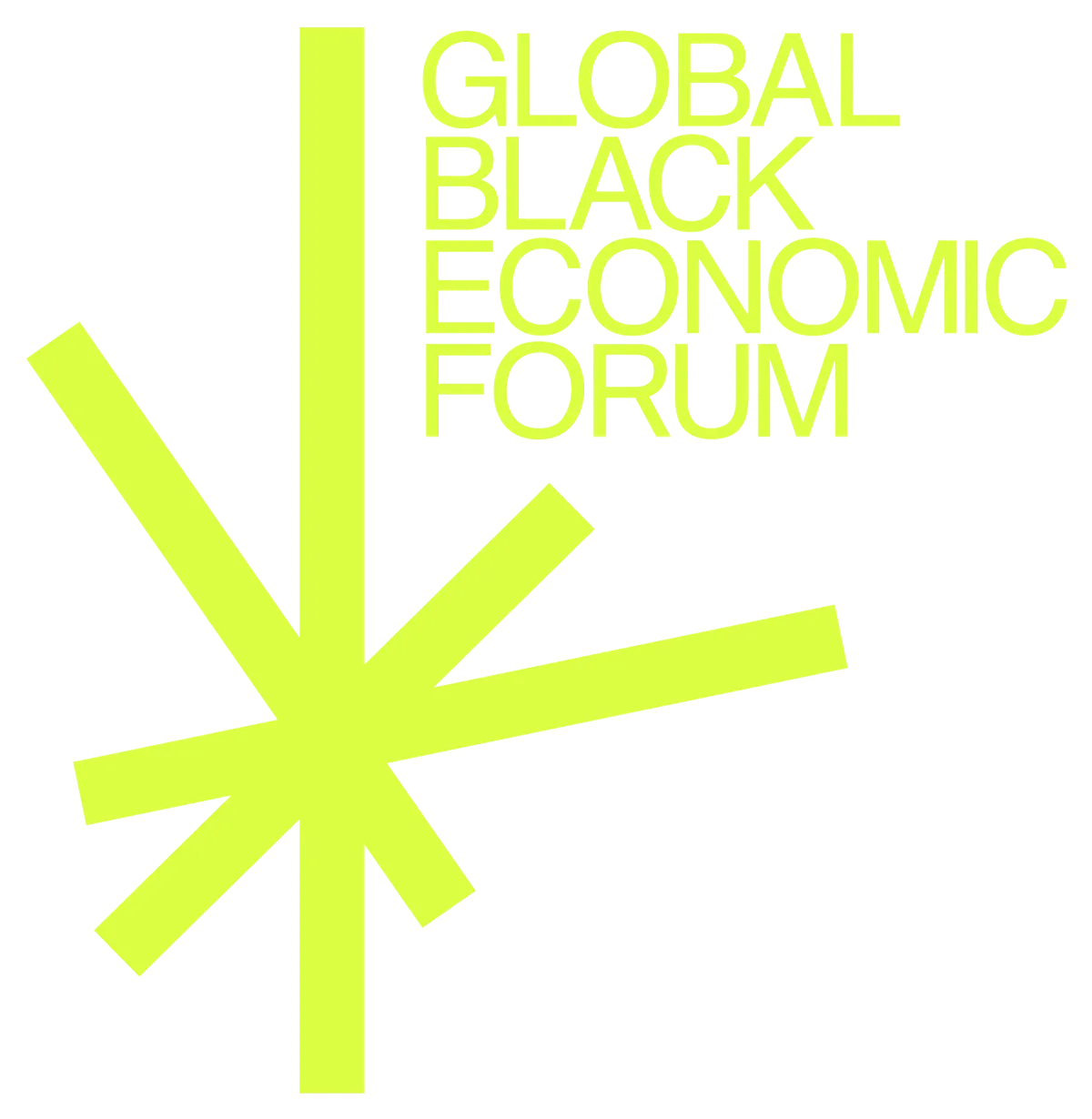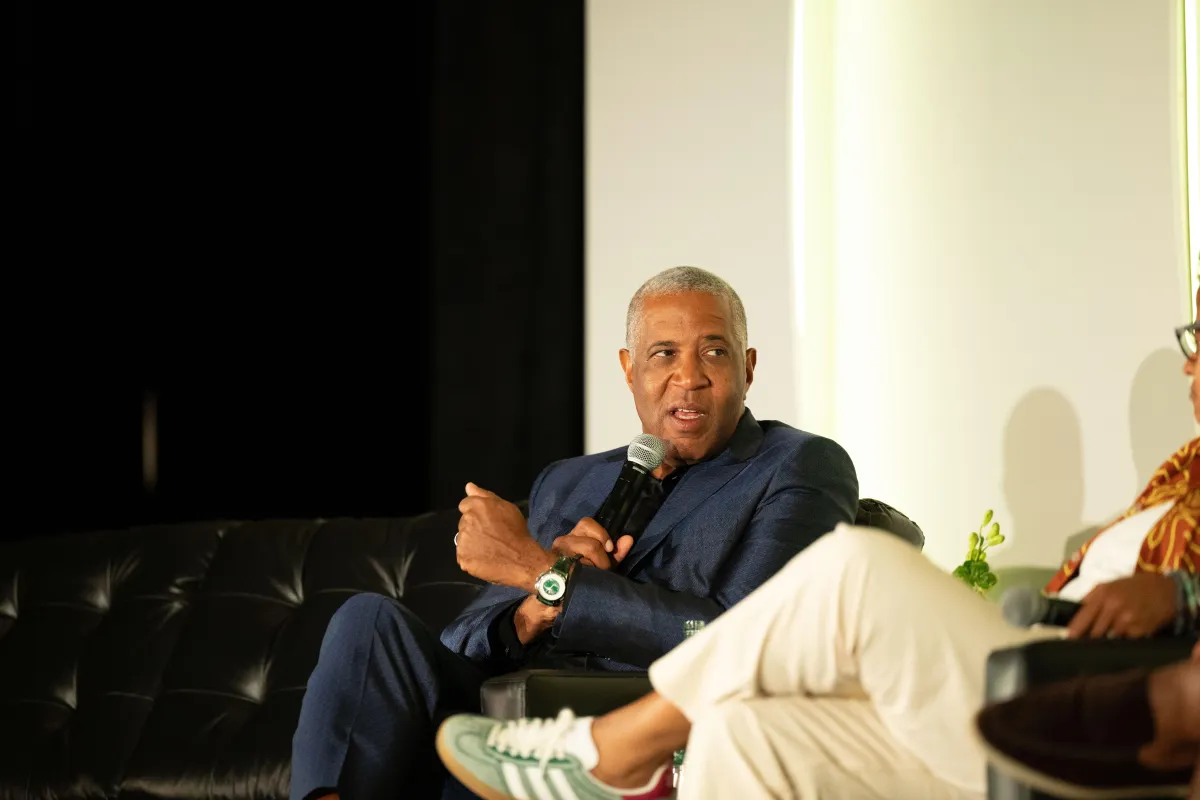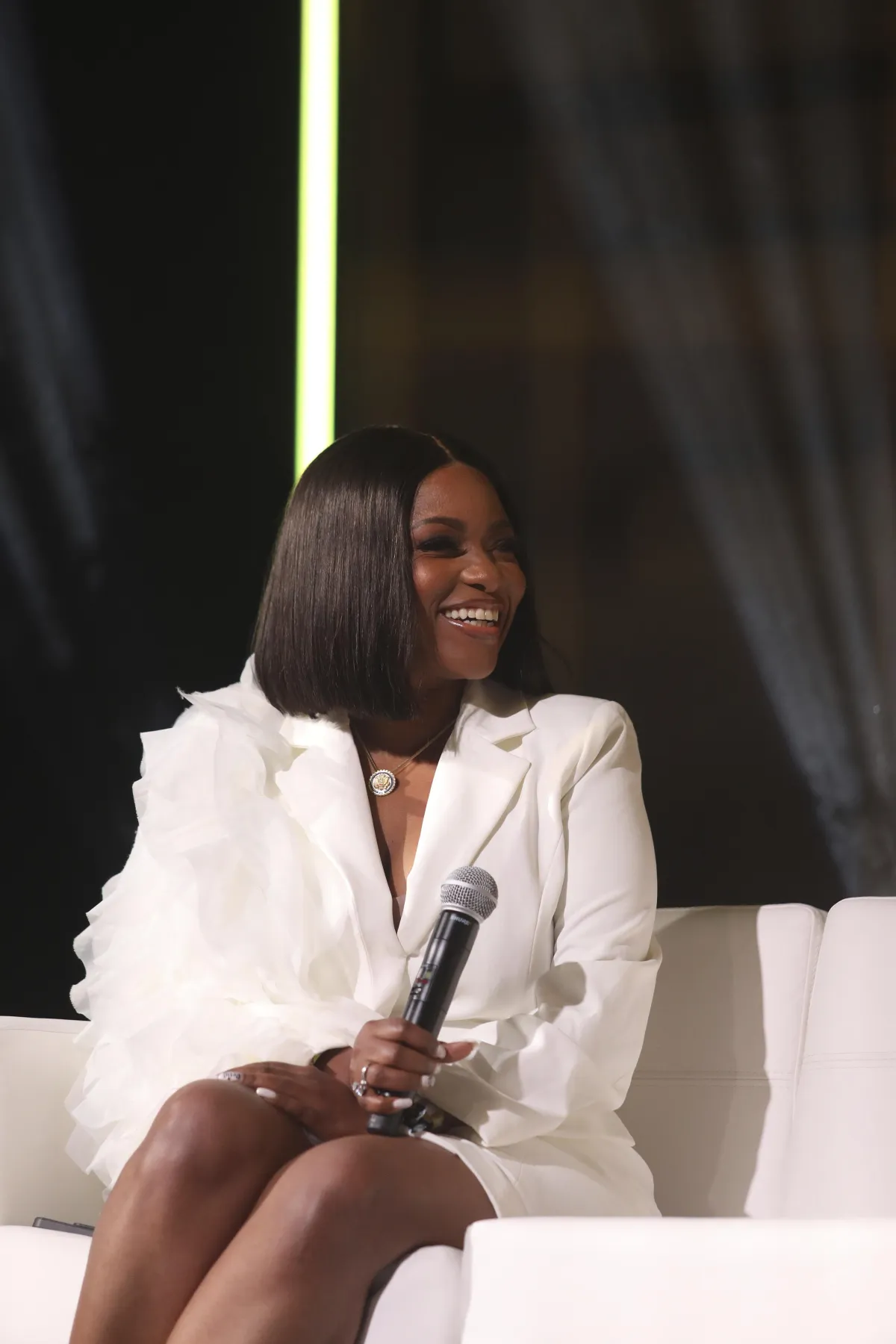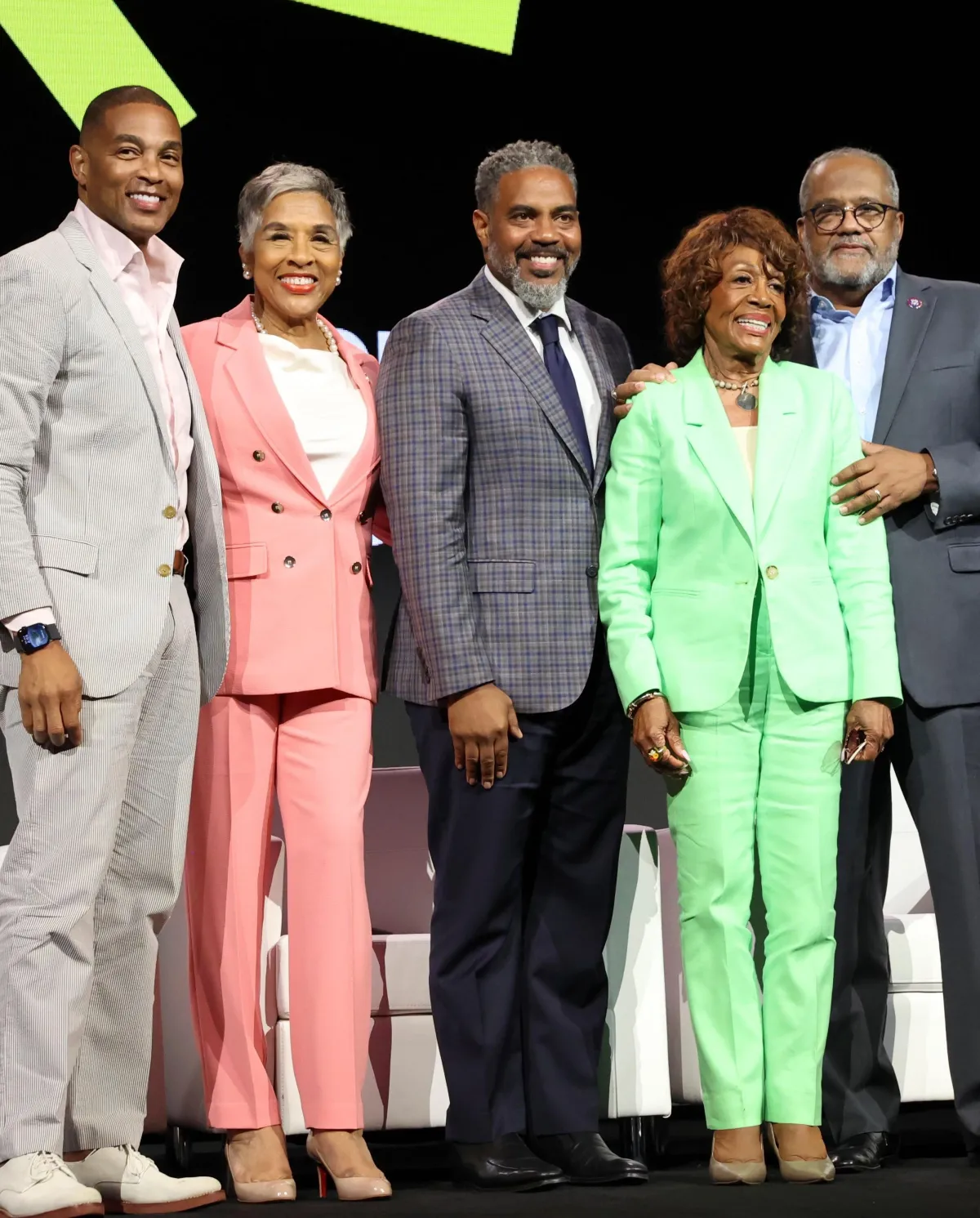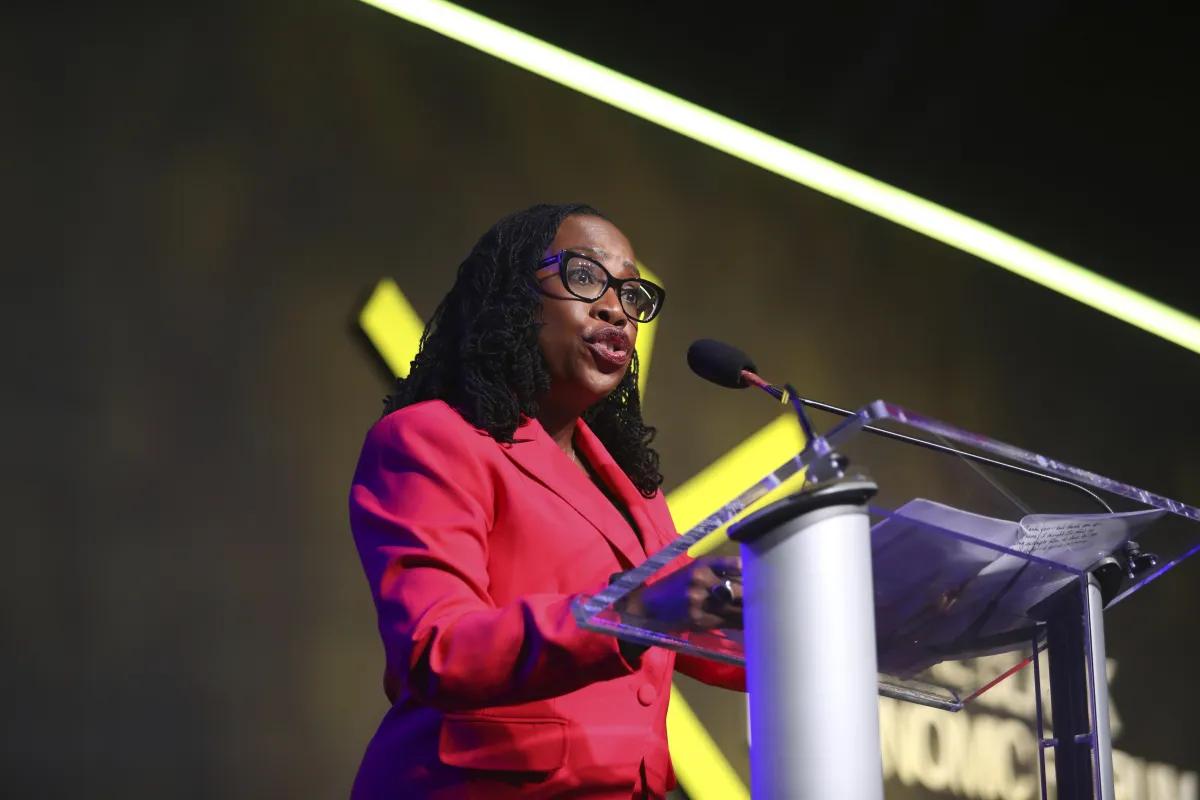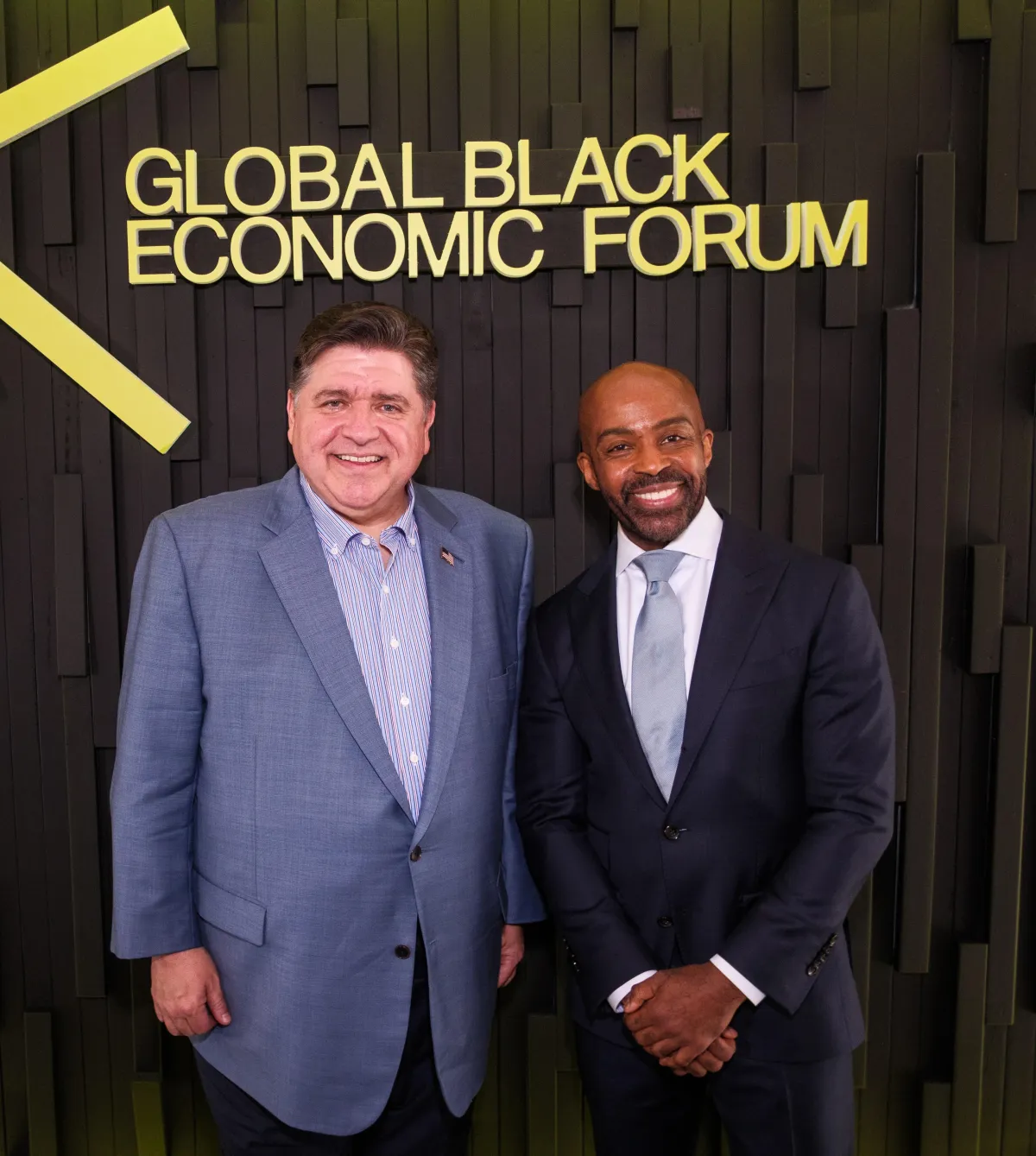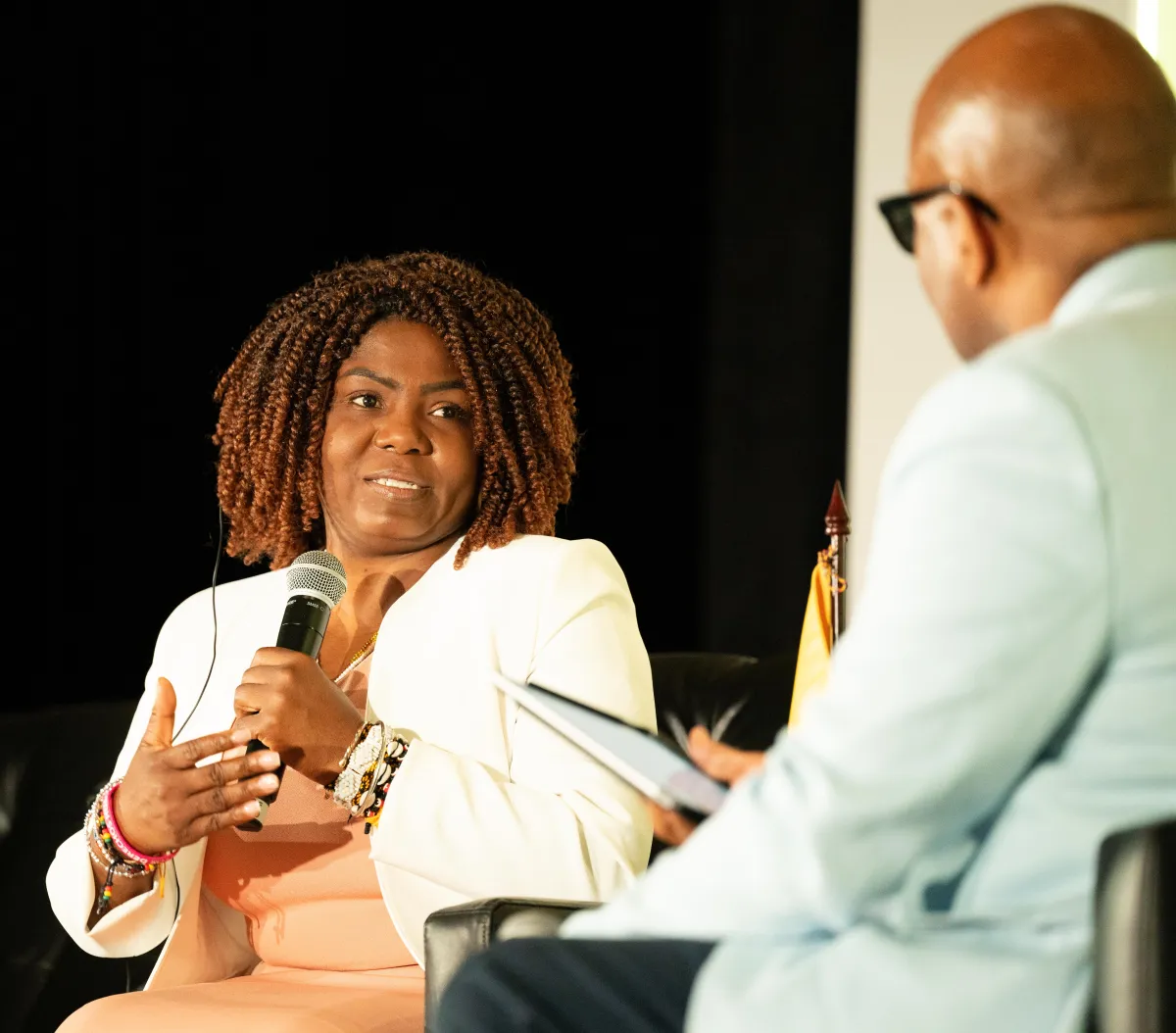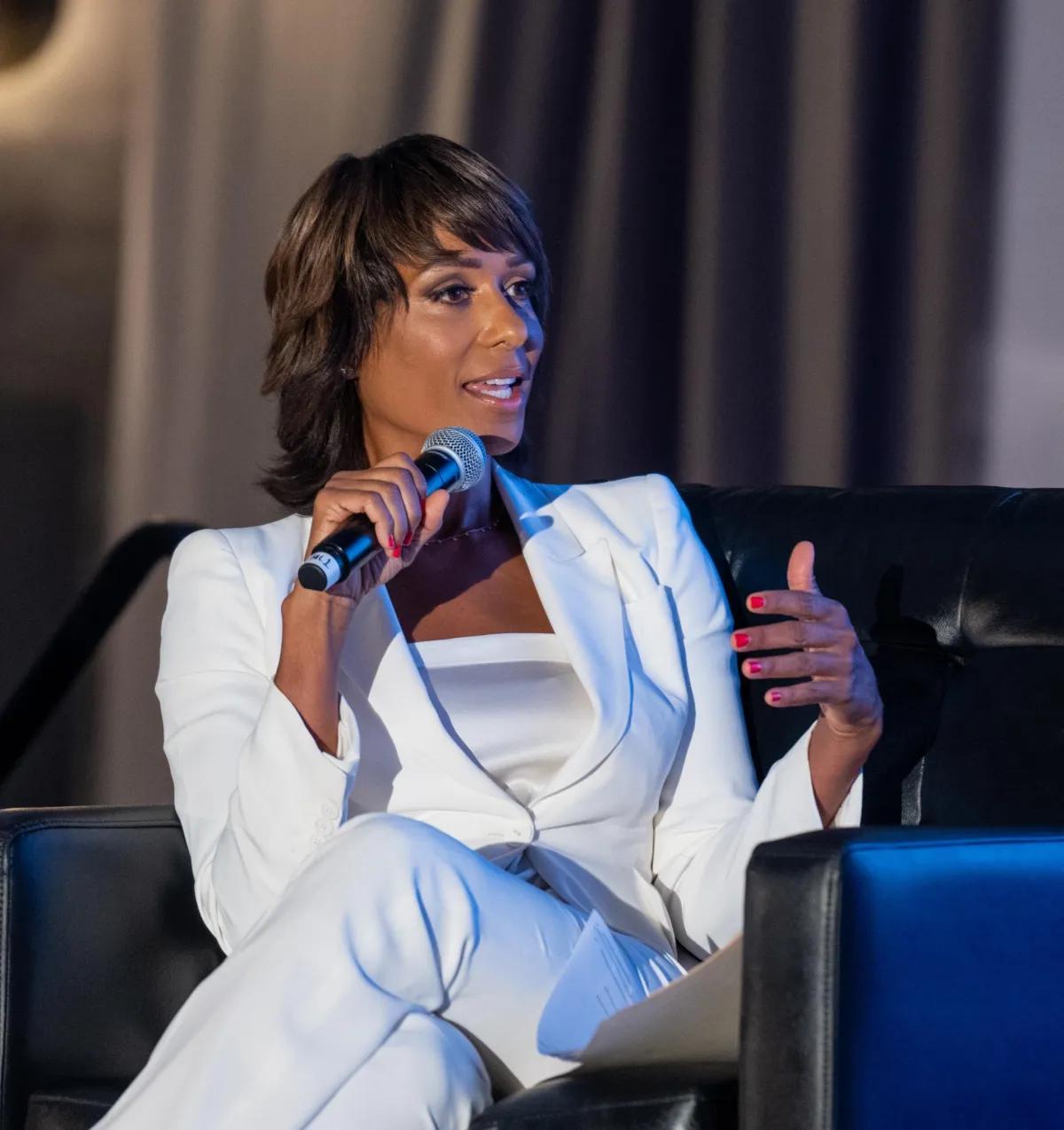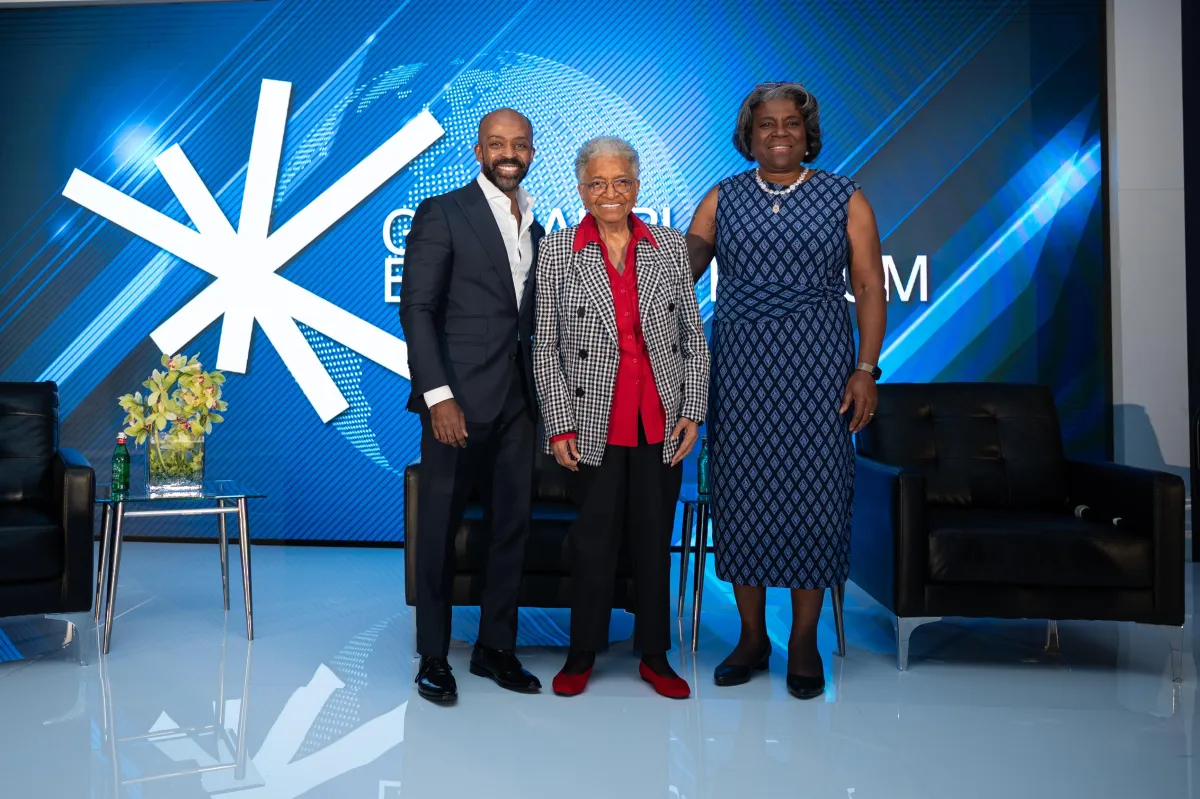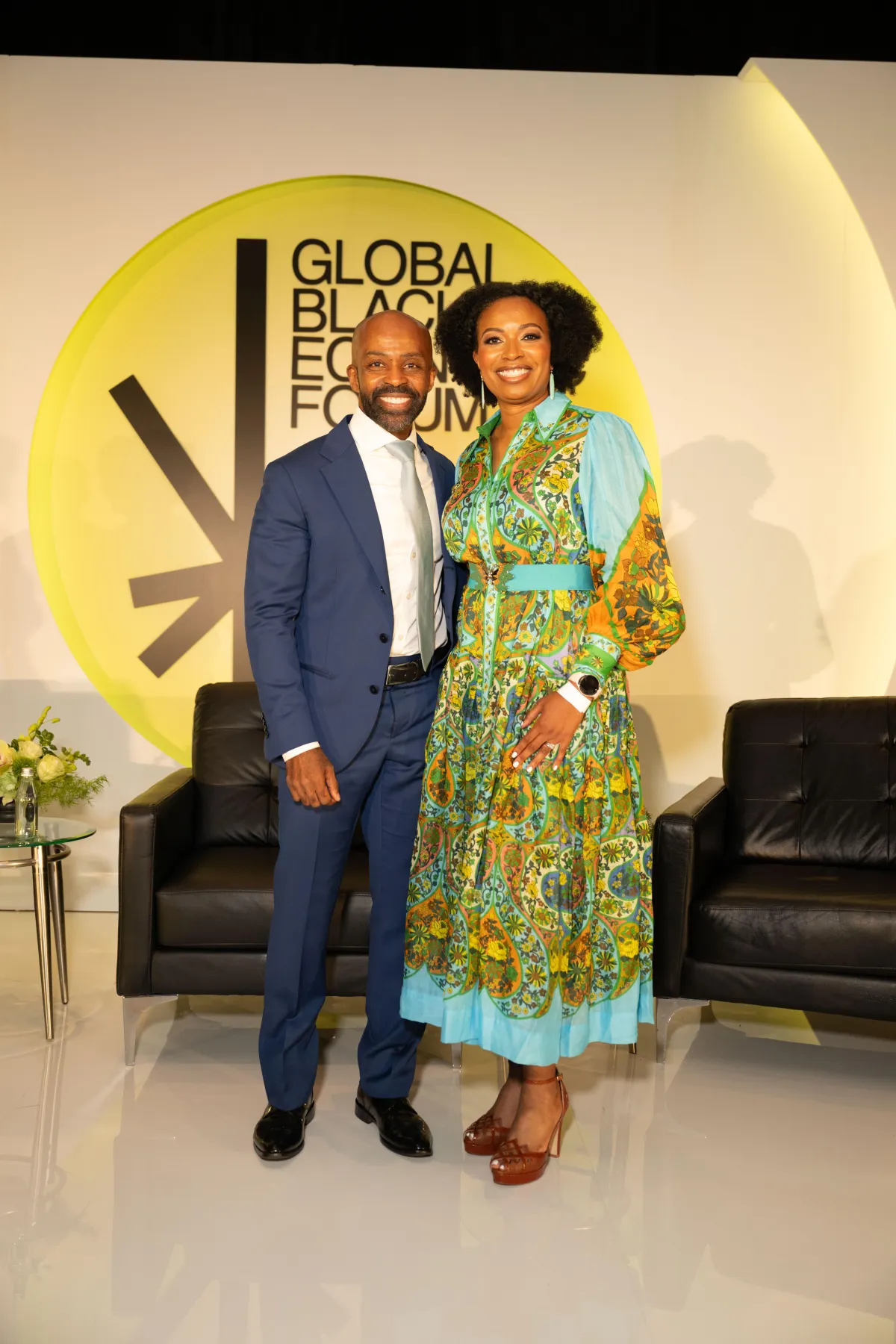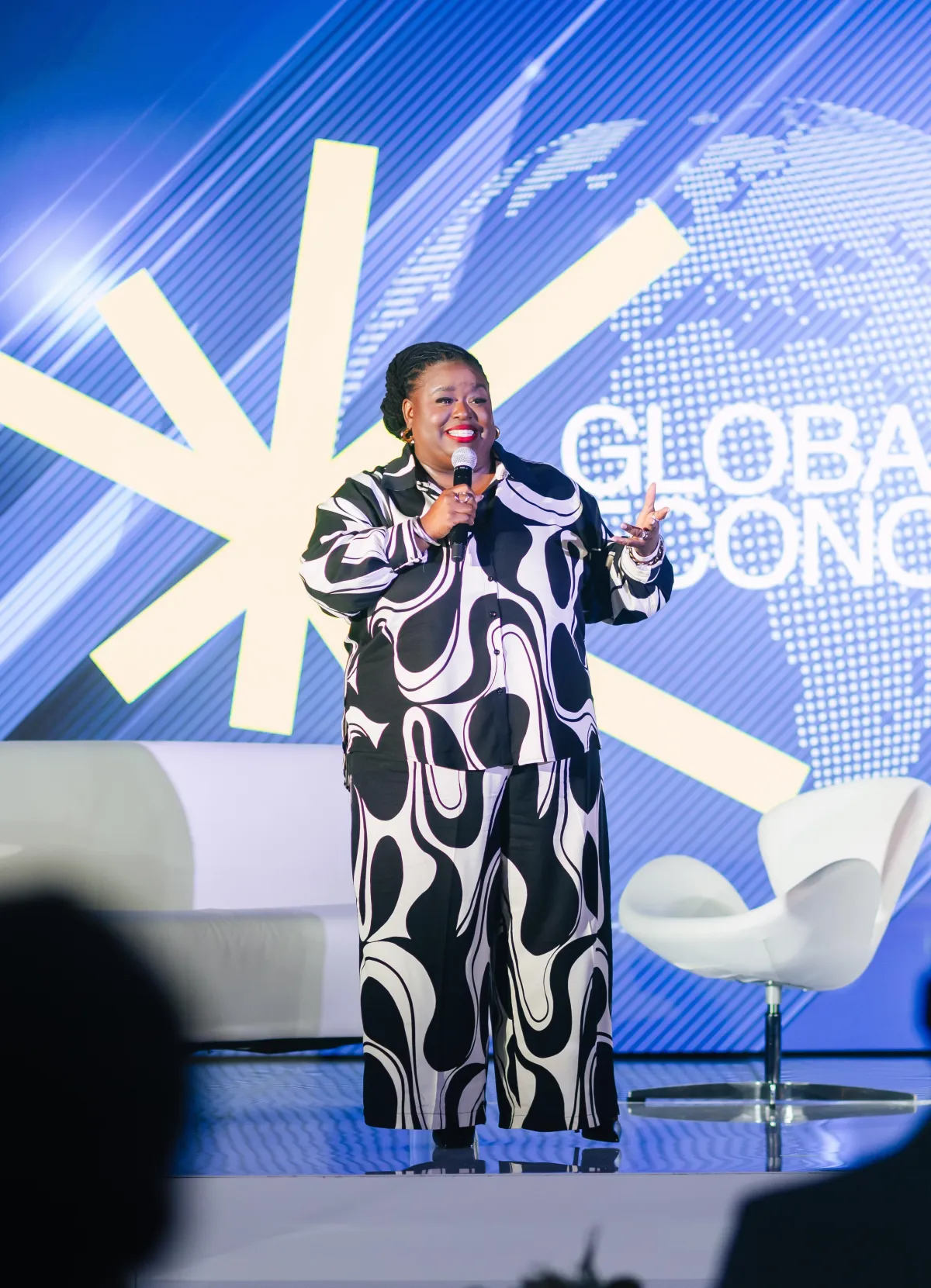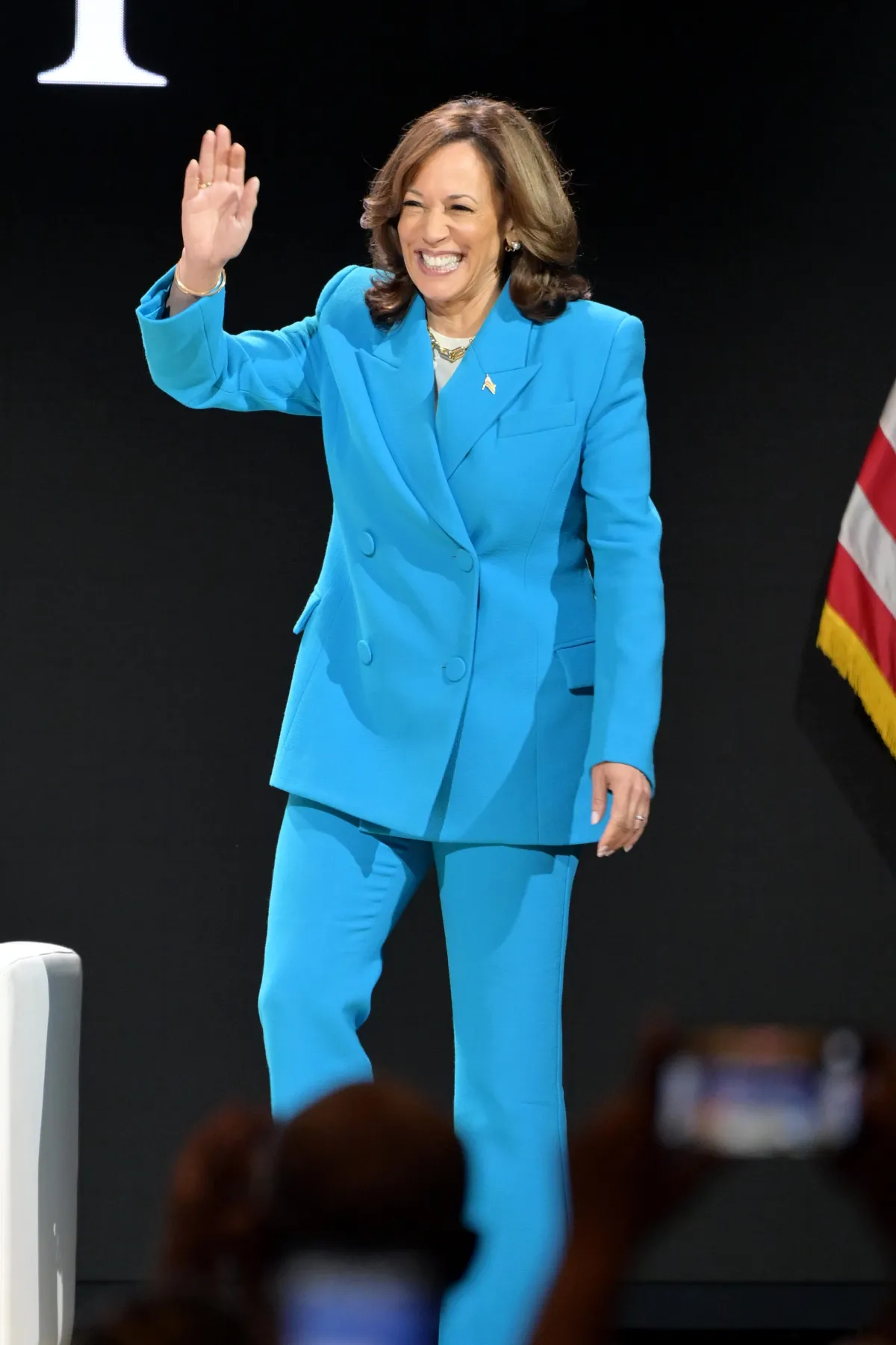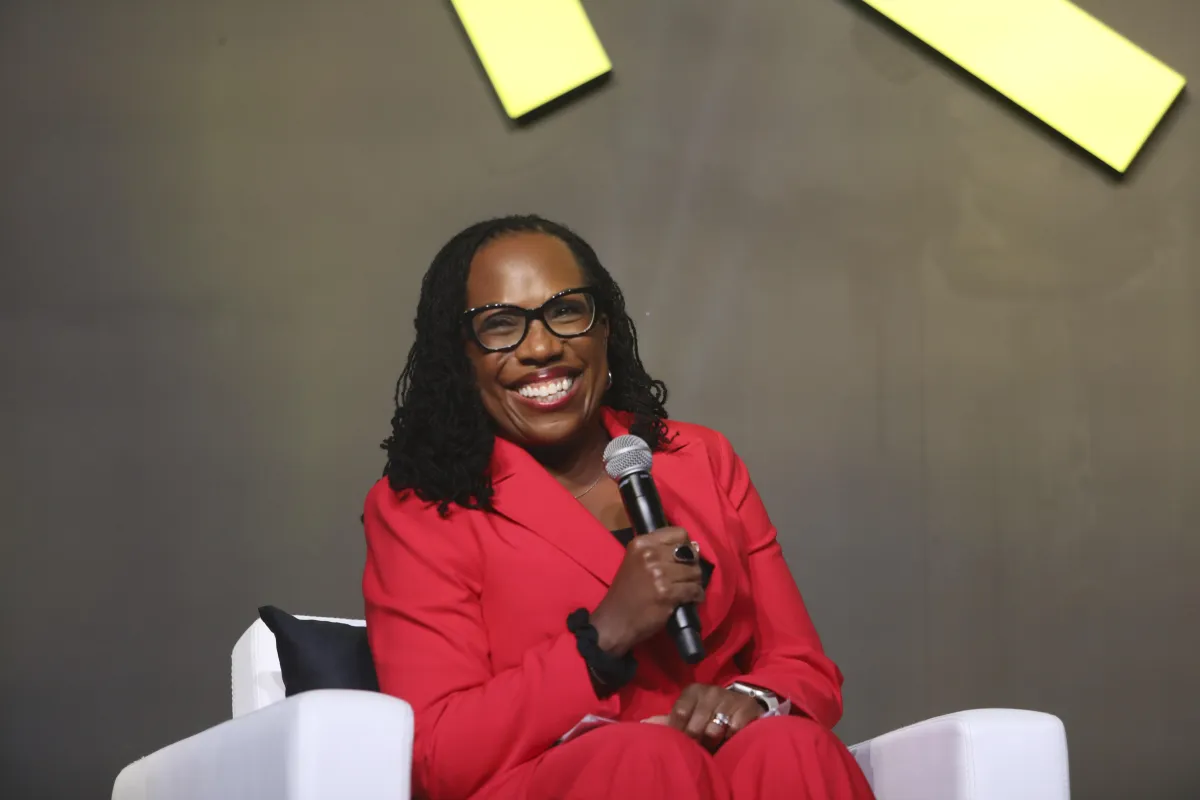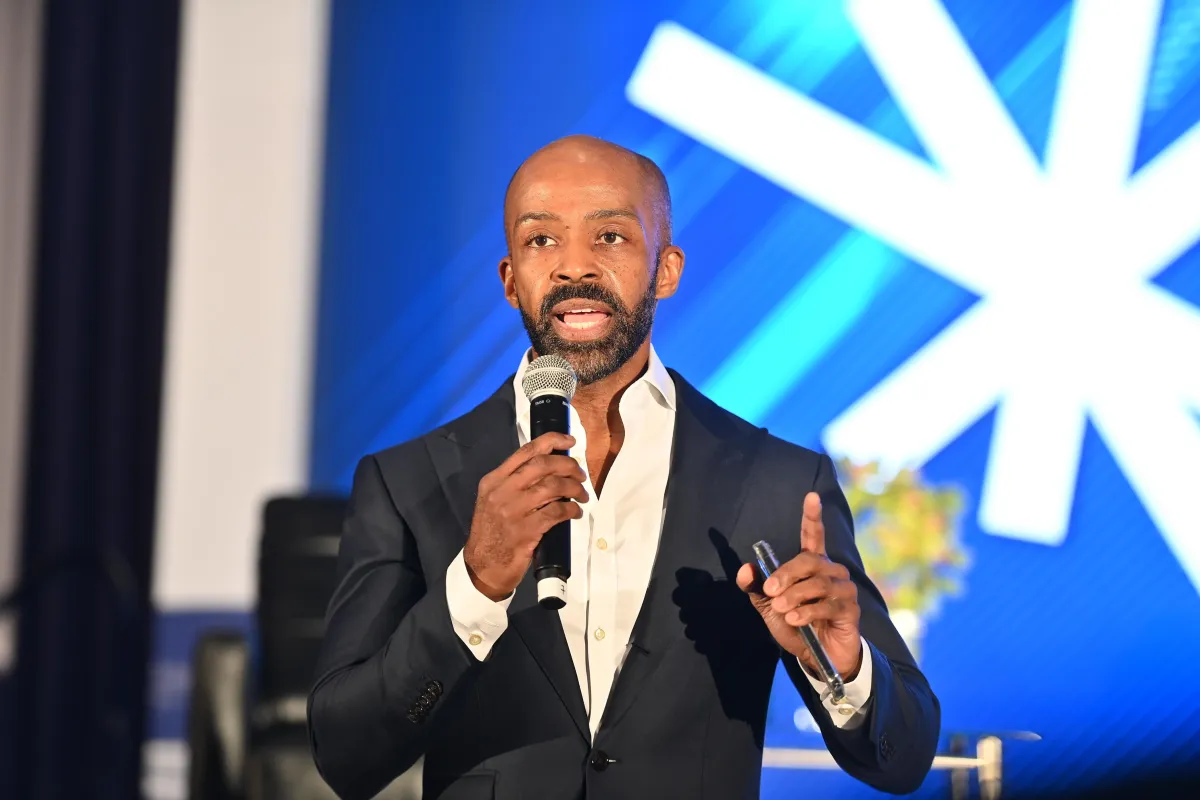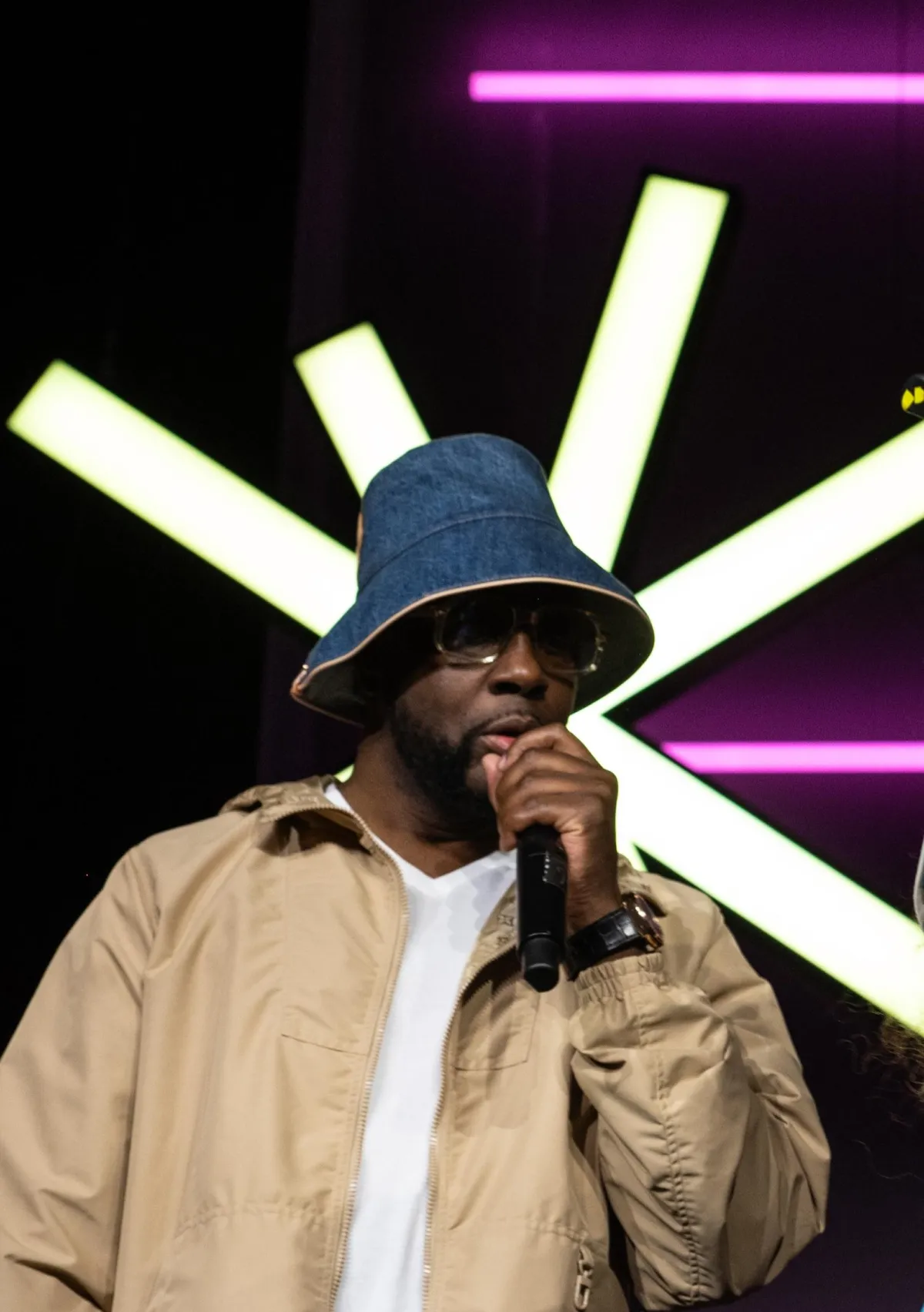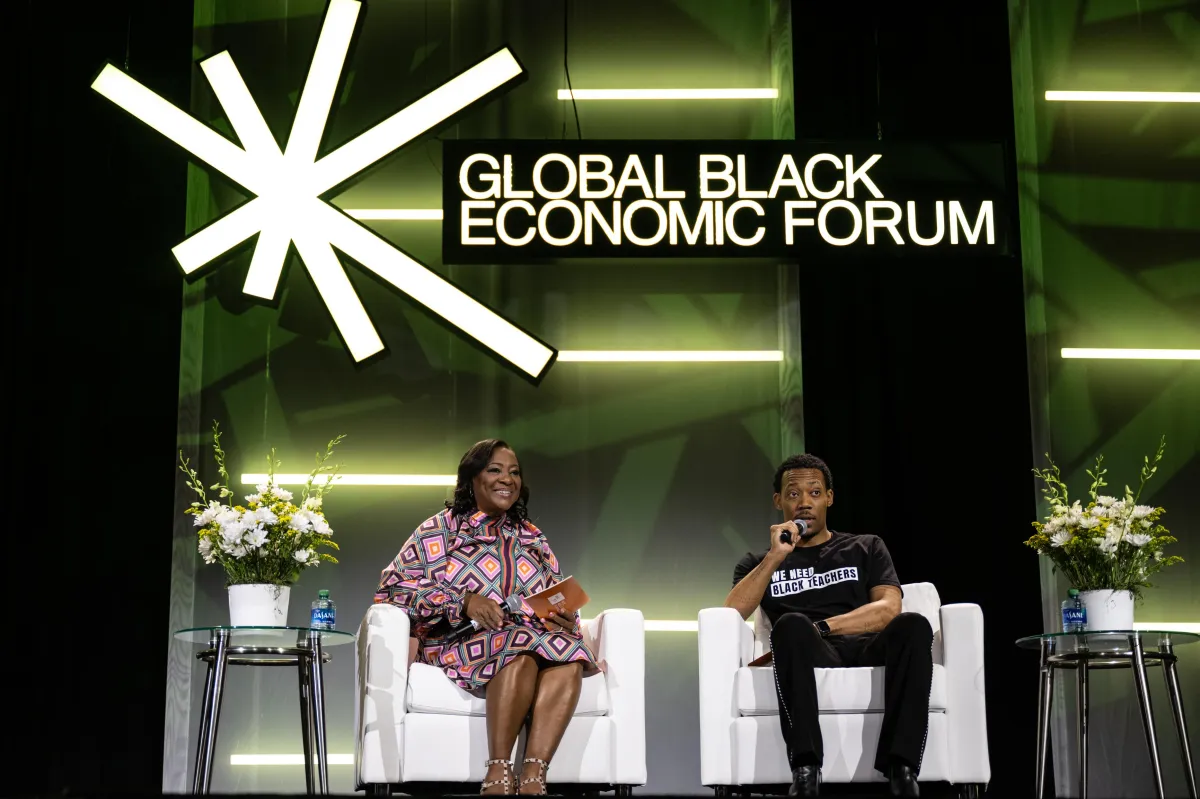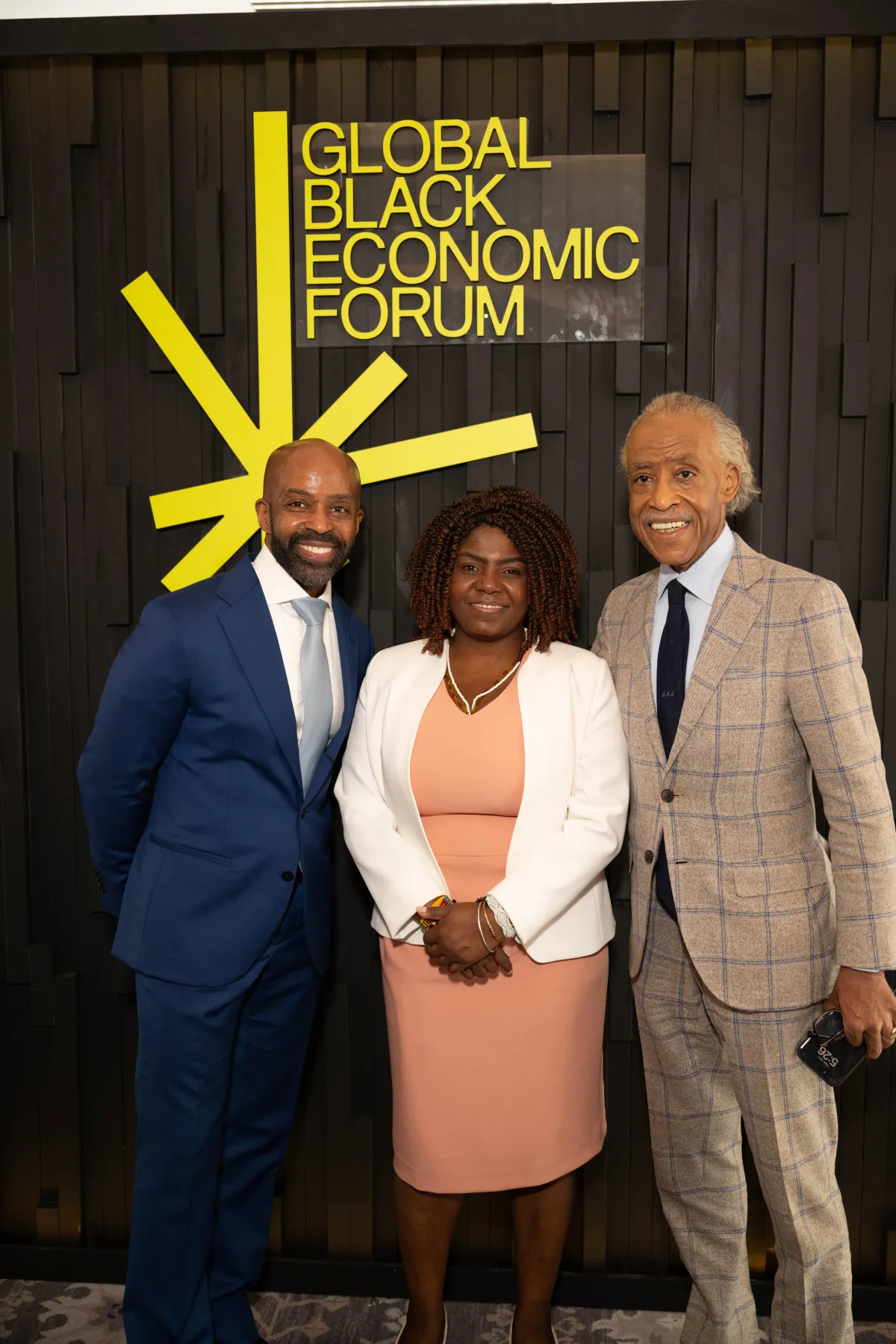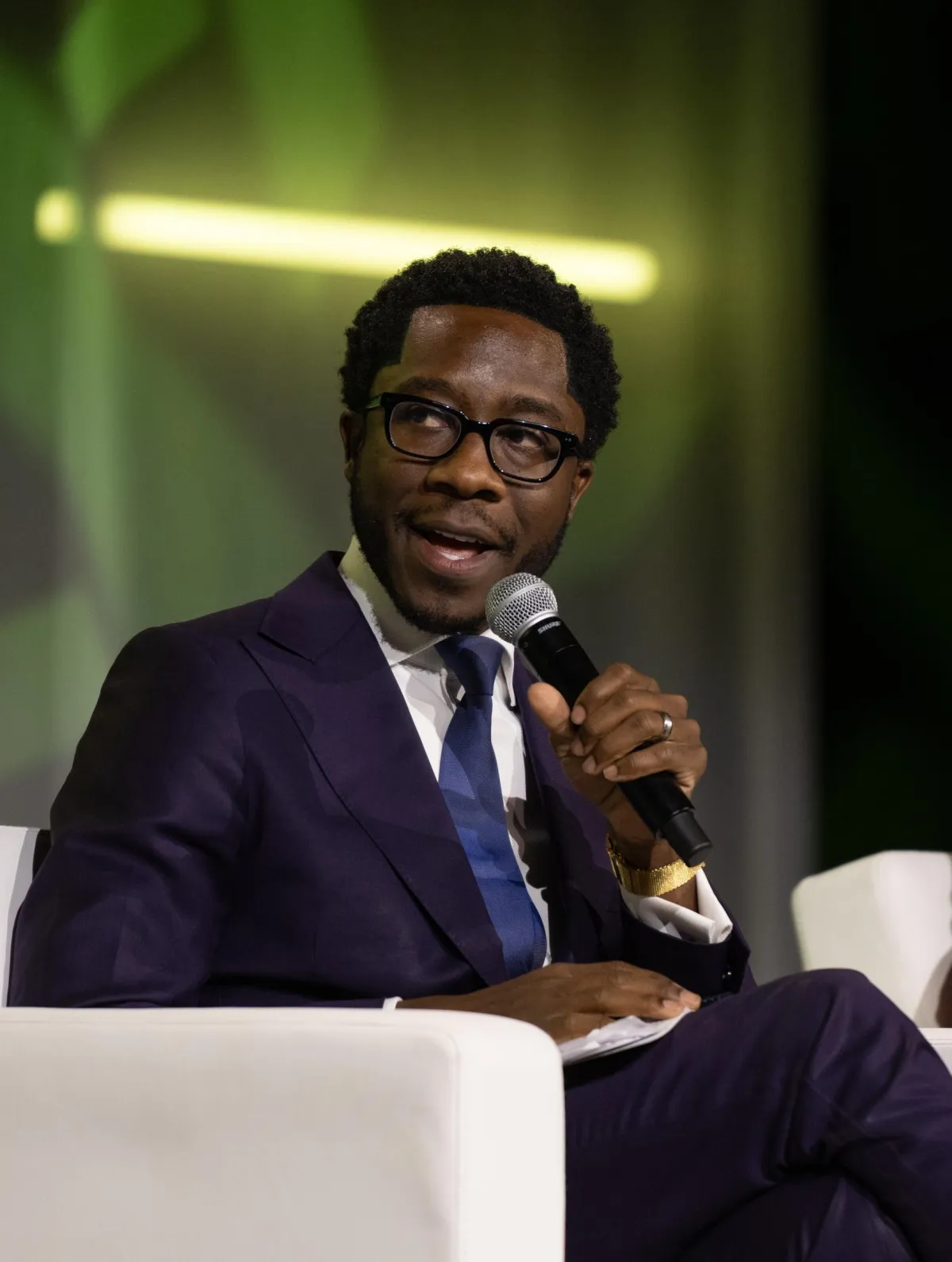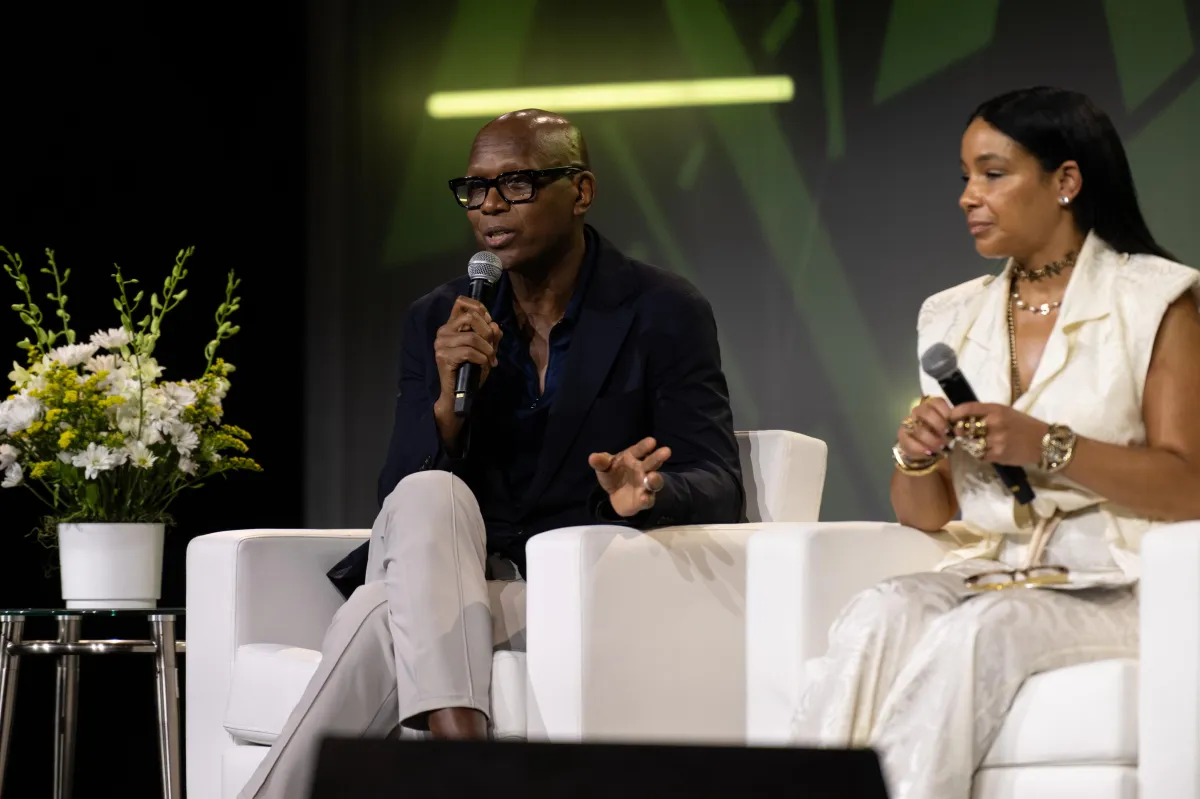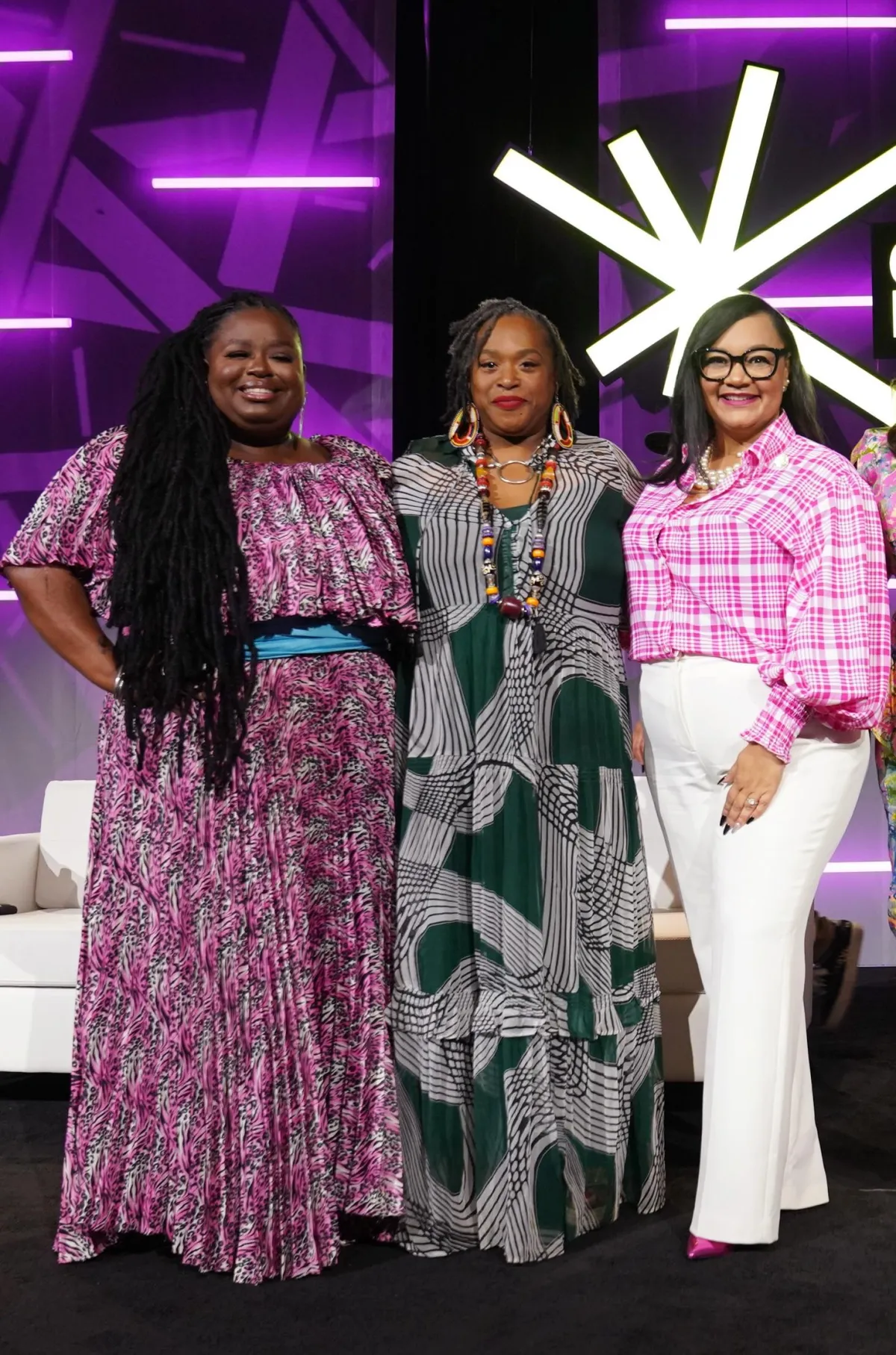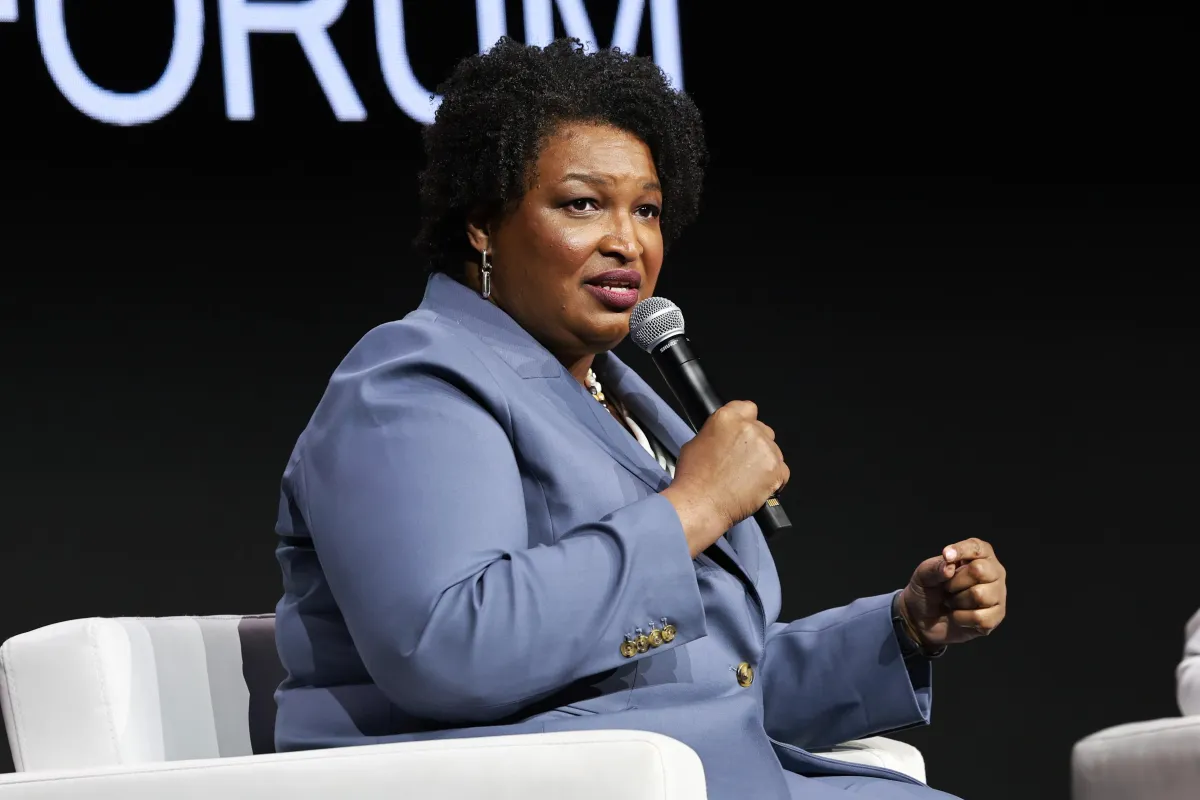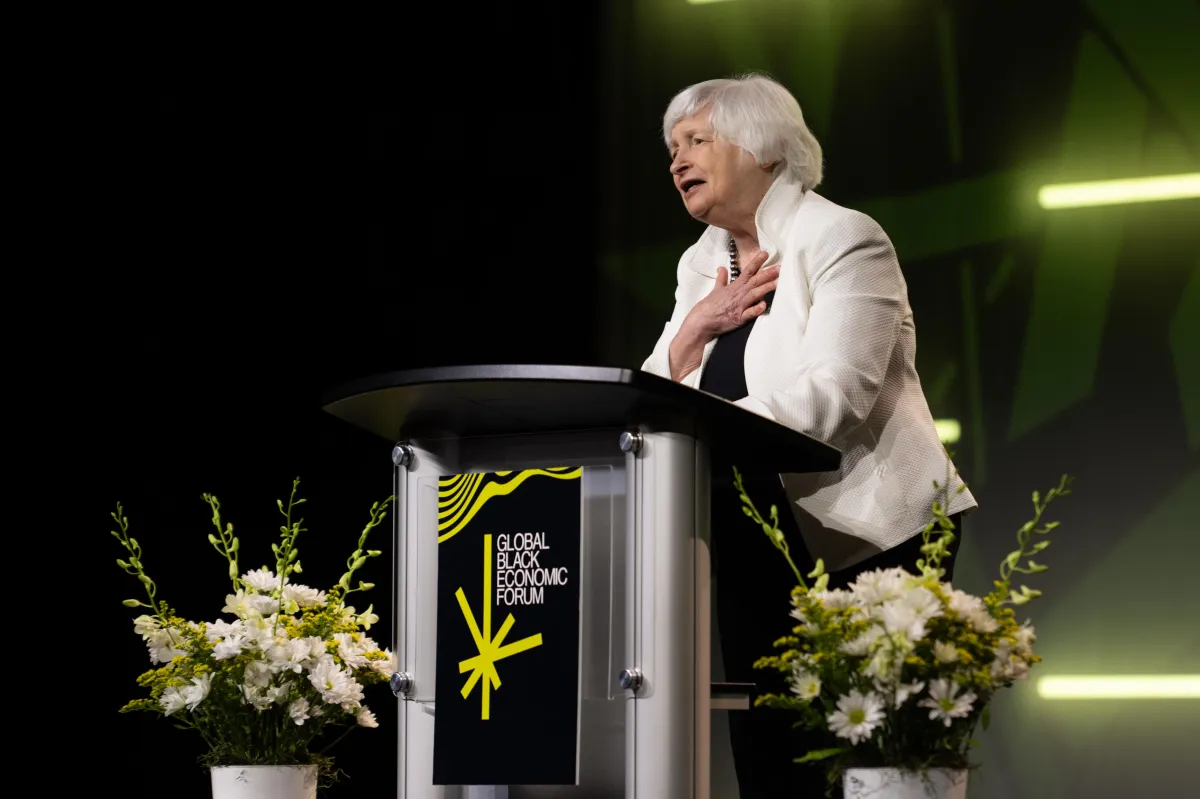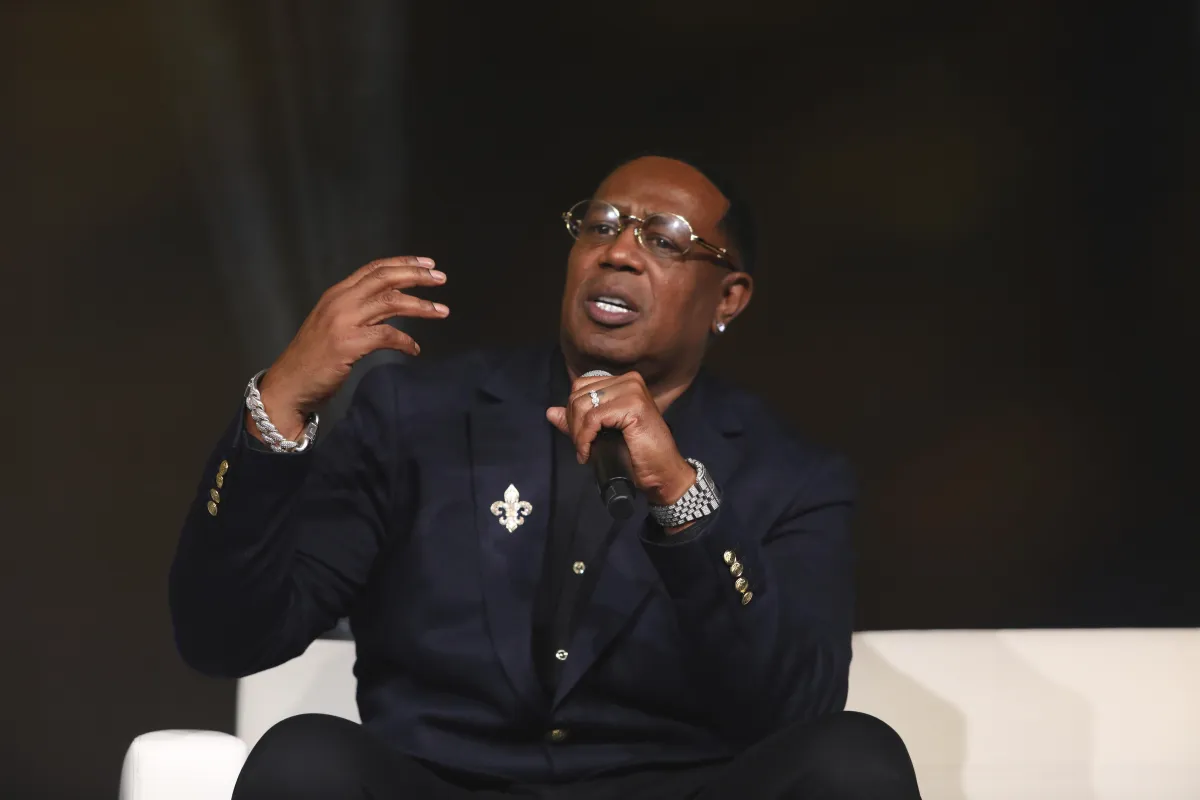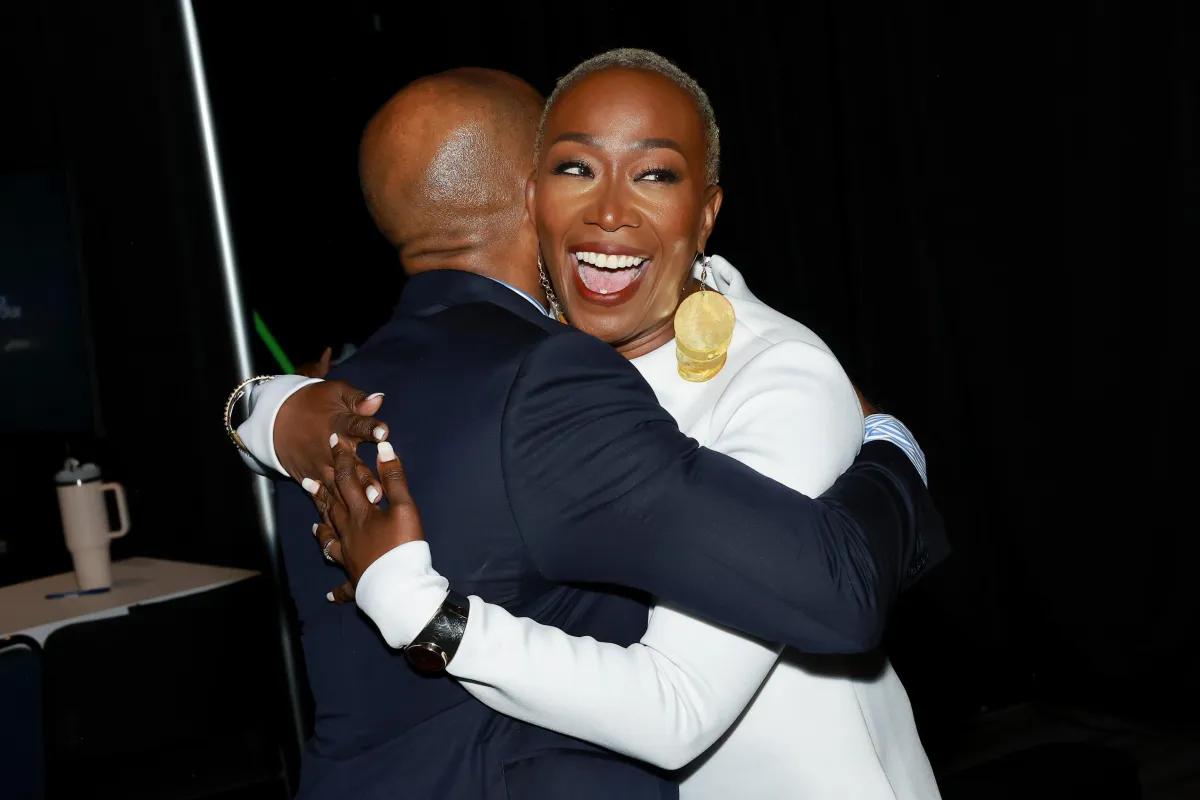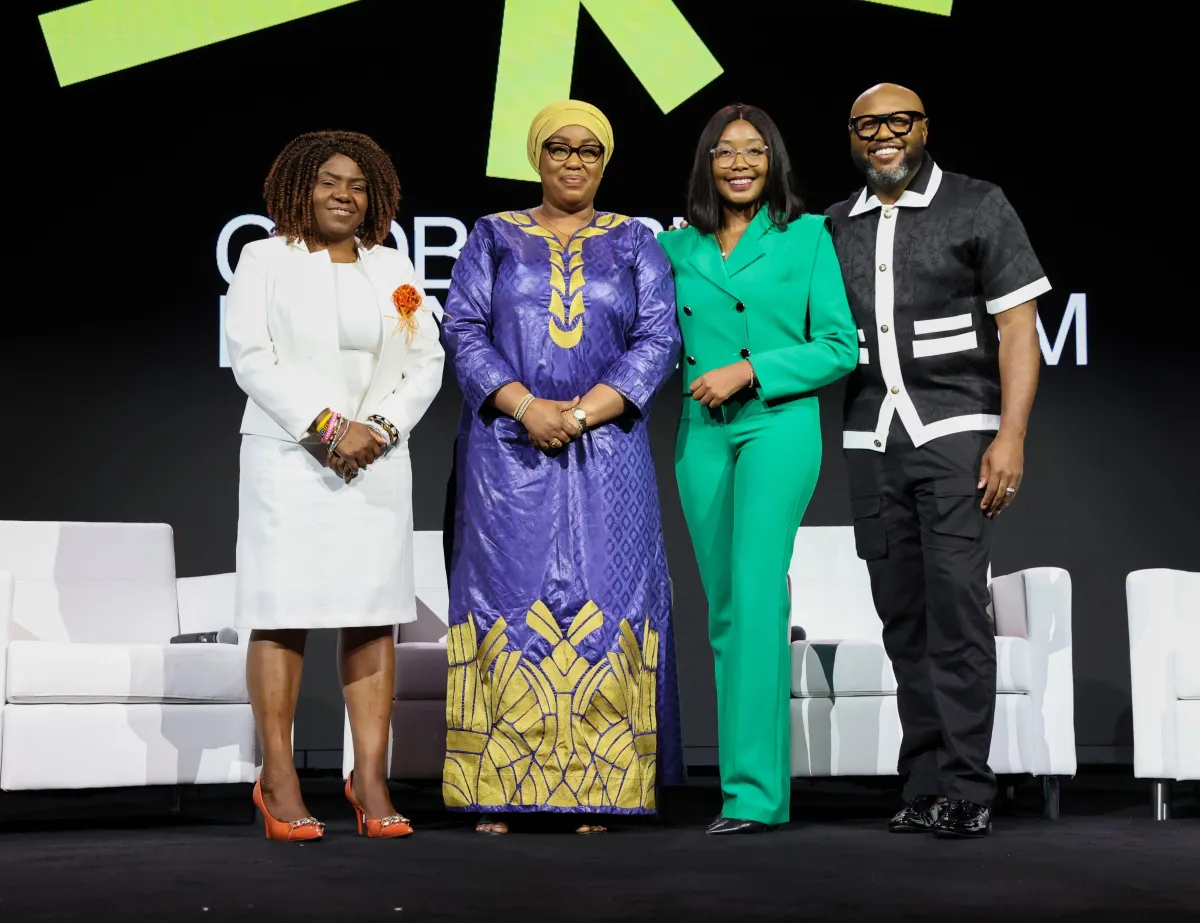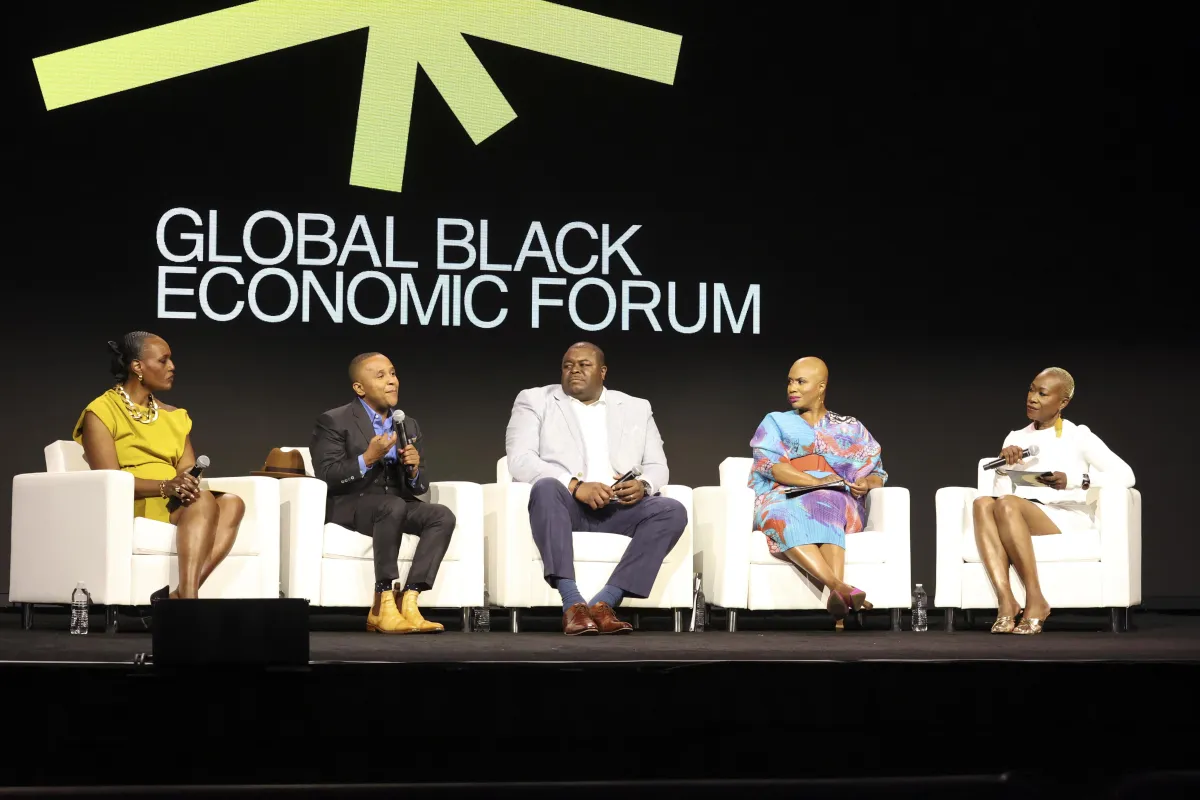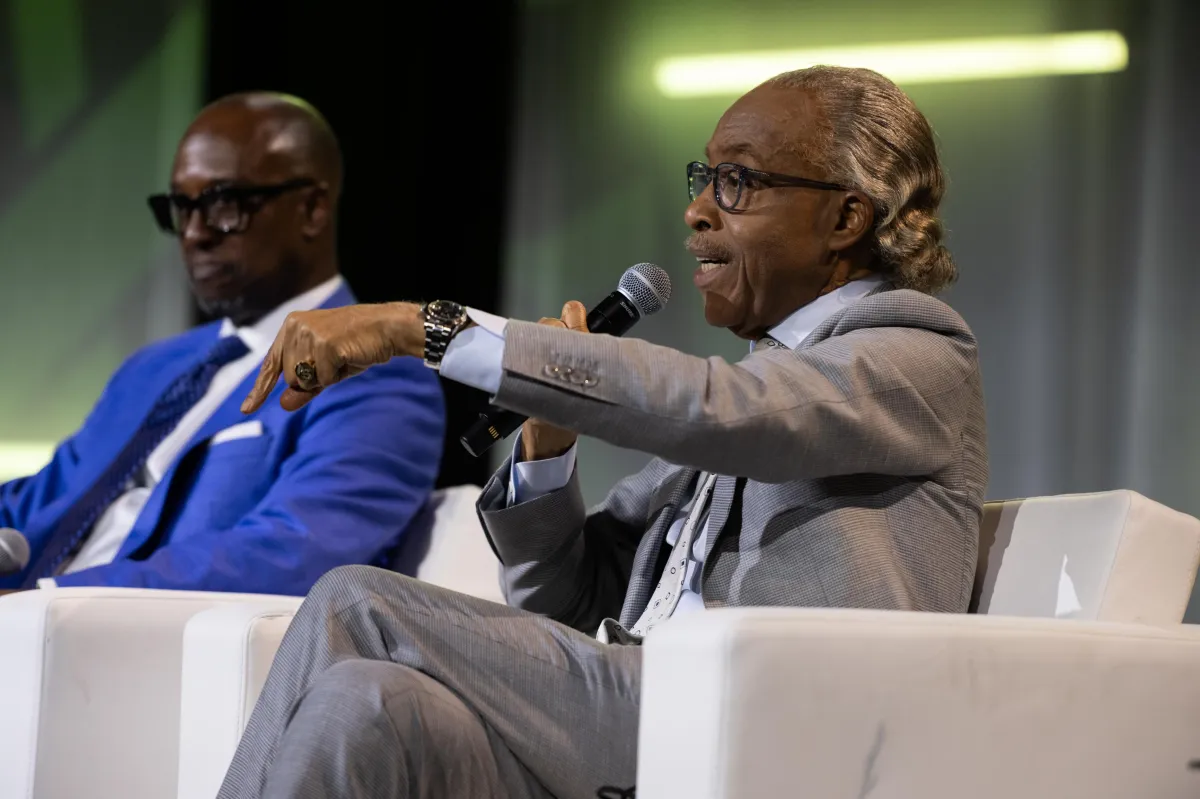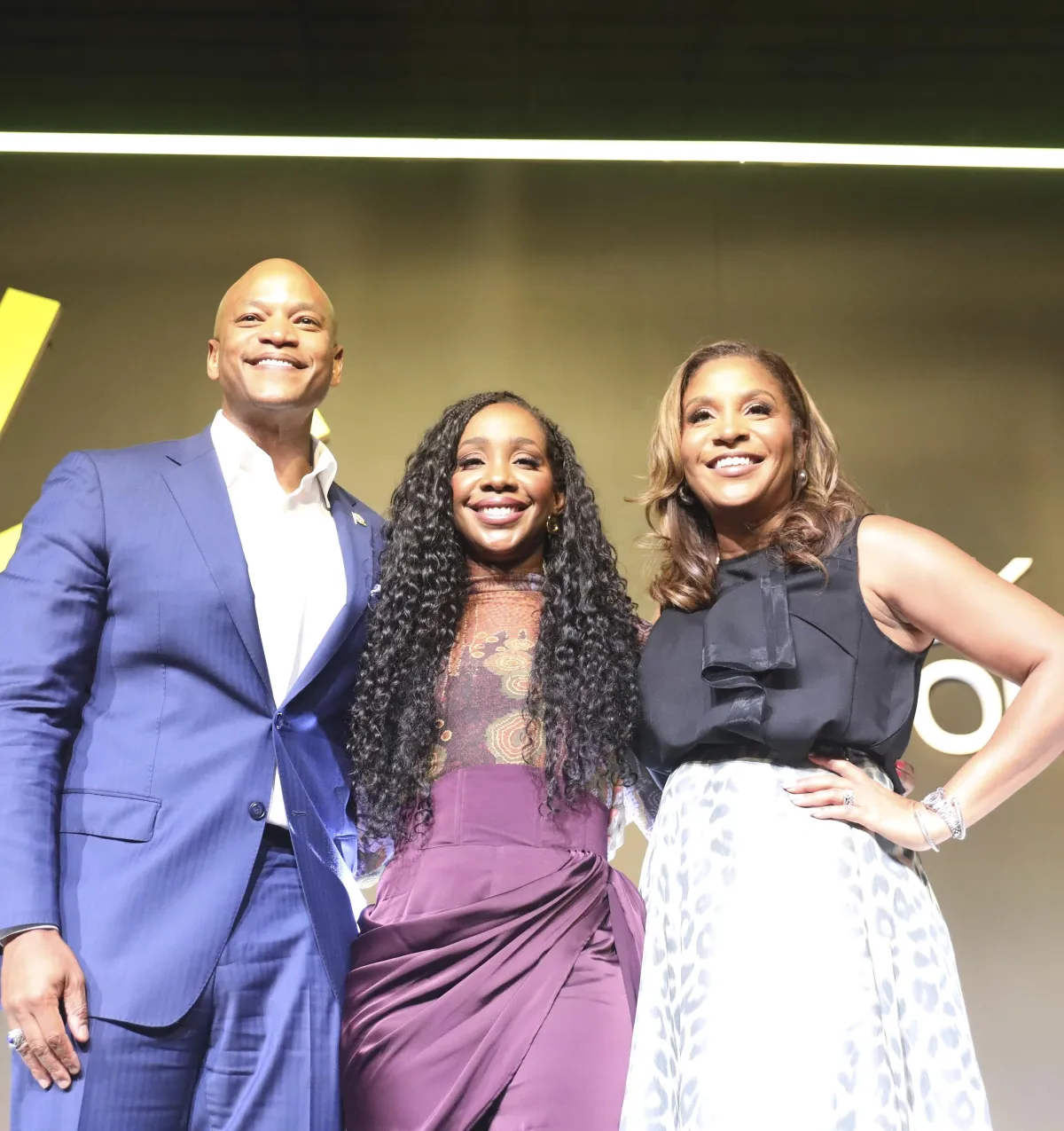Building a Future Where Economic Freedom and Opportunity Thrive
The Global Black Economic Forum is committed to advancing economic freedom and justice for Black communities worldwide—through bold leadership solutions, global convenings, workforce innovation, and strategic advocacy that drives lasting change.
It’s time to make economic freedom a reality for marginalized communities around the world
Transforming leaders, organizations and systems through summits, leadership development, and policy work — fostering more innovation, collaboration, and inclusion while driving business and societal growth.
Building a Future Where Economic Freedom and Opportunity Thrive
The Global Black Economic Forum is committed to advancing economic freedom and justice for Black communities worldwide—through bold leadership solutions, global convenings, workforce innovation, and strategic advocacy that drives lasting change.
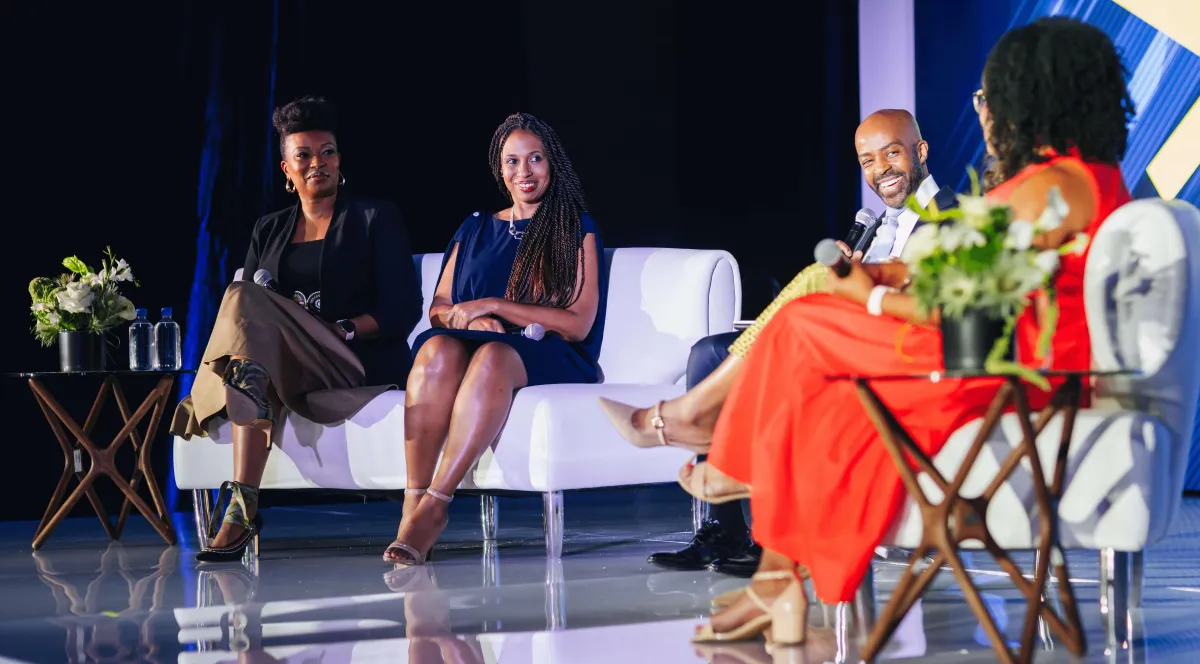
It’s time to make economic freedom a reality for marginalized communities around the world
Transforming leaders, organizations and systems through summits, leadership development, and policy work — fostering more innovation, collaboration, and inclusion while driving business and societal growth.
Future of
WORK
Future of
WEALTH
Future of
HEALTH
Future of
DEMOCRACY
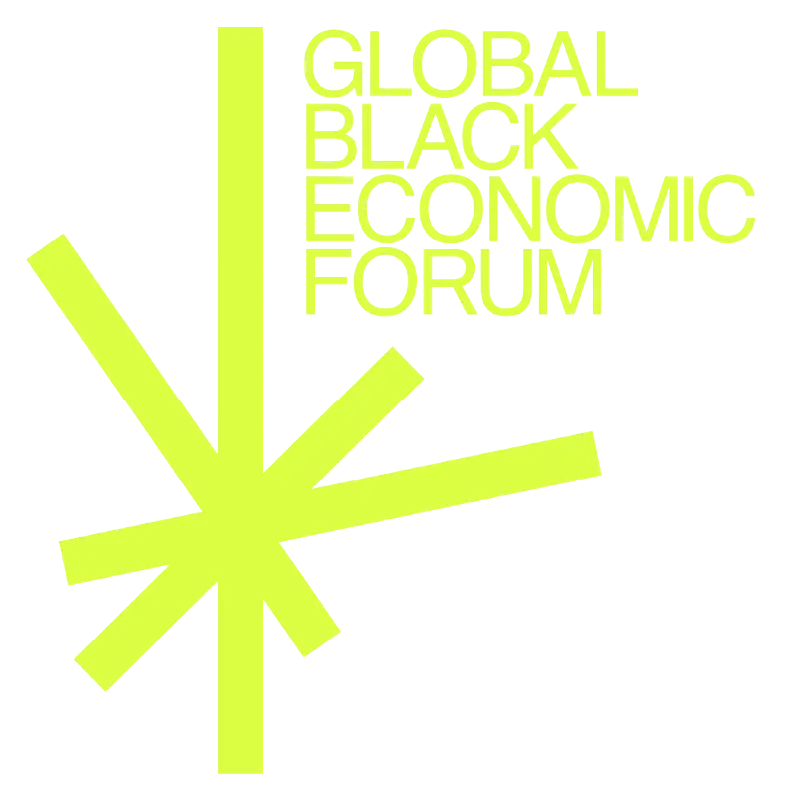
Turning Conversation
Into Action
We unite business executives, policy makers, activists and entrepreneurs from around the world to give voice to the most important economic and social issues facing marginalized communities and identify clear actions to illuminate an equitable path forward.
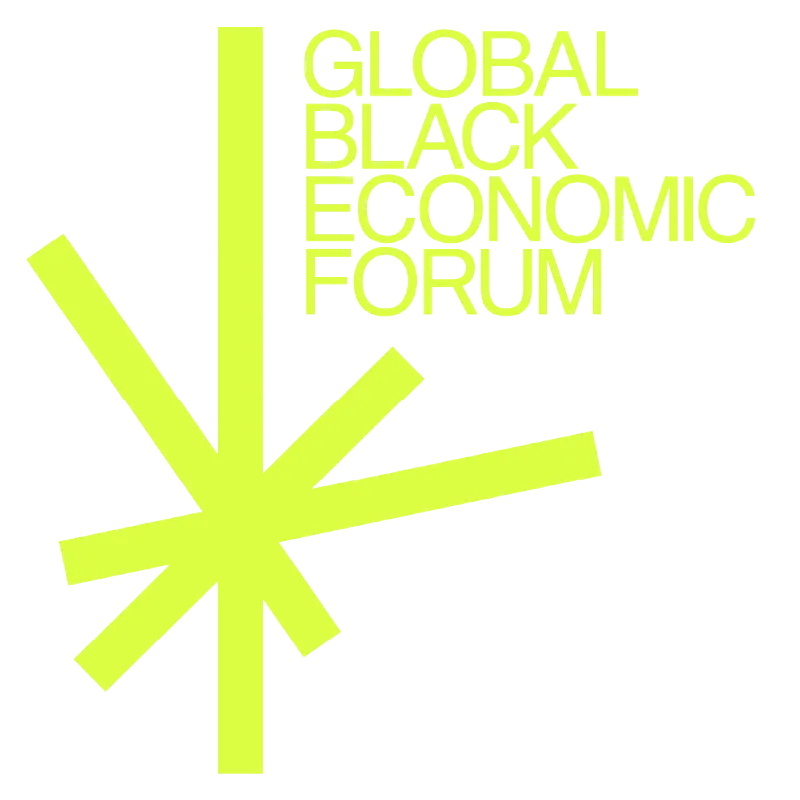
It’s Not Training. It’s Transformation.
Creating an inclusive world does not need to take decades. We can help build inclusive leaders now. We believe long-lasting, transformative learning starts at the top and engages senior leadership, managers and employees at every level of the organization to find equitable solutions that help the business and culture thrive. It's time to move from intent to impact. Real solutions. Real results. Real transformation.
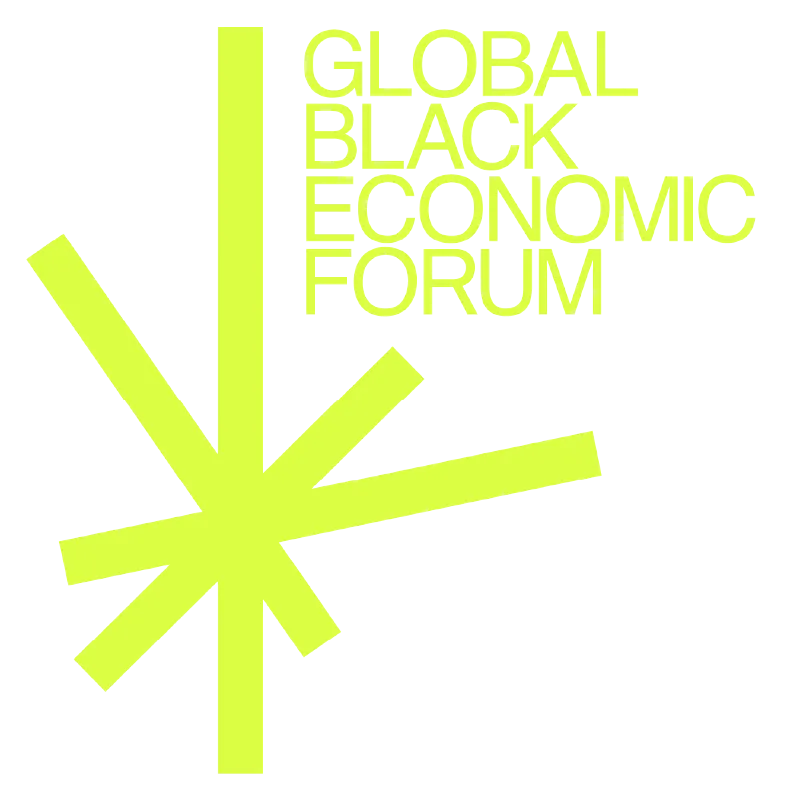
Advancing Policy and Systems for Marginalized Groups
We work with organizations and governments from around the world
to address economic injustices facing marginalized communities by creating more equitable and inclusive systems and policies.
Read more about how we convened the Council for Economic Opportunity and Social Justice and our work defending the Fearless Fund
Future of
WORK
Future of
HEALTH
Future of
WEALTH
Future of
DEMOCRACY

Turning Conversation
Into Action
We unite business executives, policy makers, activists and entrepreneurs from around the world to give voice to the most important economic and social issues facing marginalized communities and identify clear actions to illuminate an equitable path forward.

It’s Not Training. It’s Transformation.
Creating an inclusive world does not need to take decades. We can help build inclusive leaders now. We believe long-lasting, transformative learning starts at the top and engages senior leadership, managers and employees at every level of the organization to find equitable solutions that help the business and culture thrive. It's time to move from intent to impact. Real solutions. Real results. Real transformation.

Advancing Policy and Systems for Marginalized Groups
We work with organizations and governments from around the world
to address economic injustices facing marginalized communities by creating more equitable and inclusive systems and policies.
Read more about how we convened the Council for Economic Opportunity and Social Justice and our work defending the Fearless Fund
GBEF in the news






GBEF in the news






Subscribe to the GBEF Newsletter
Subscribe to the GBEF Newsletter
Nobody wins in our current system
Today, marginalized communities experience relentless disparities in the most important measures of economic well-being including equal wages, job benefits and career growth opportunities.
60%
of Black workers work in frontline jobs such as service workers, laborers, operatives, and office and clerical workers.
30%
lower median annual wage is paid to Black workers compared to that of white workers.
1%
of all venture capital funding goes to Black founders.
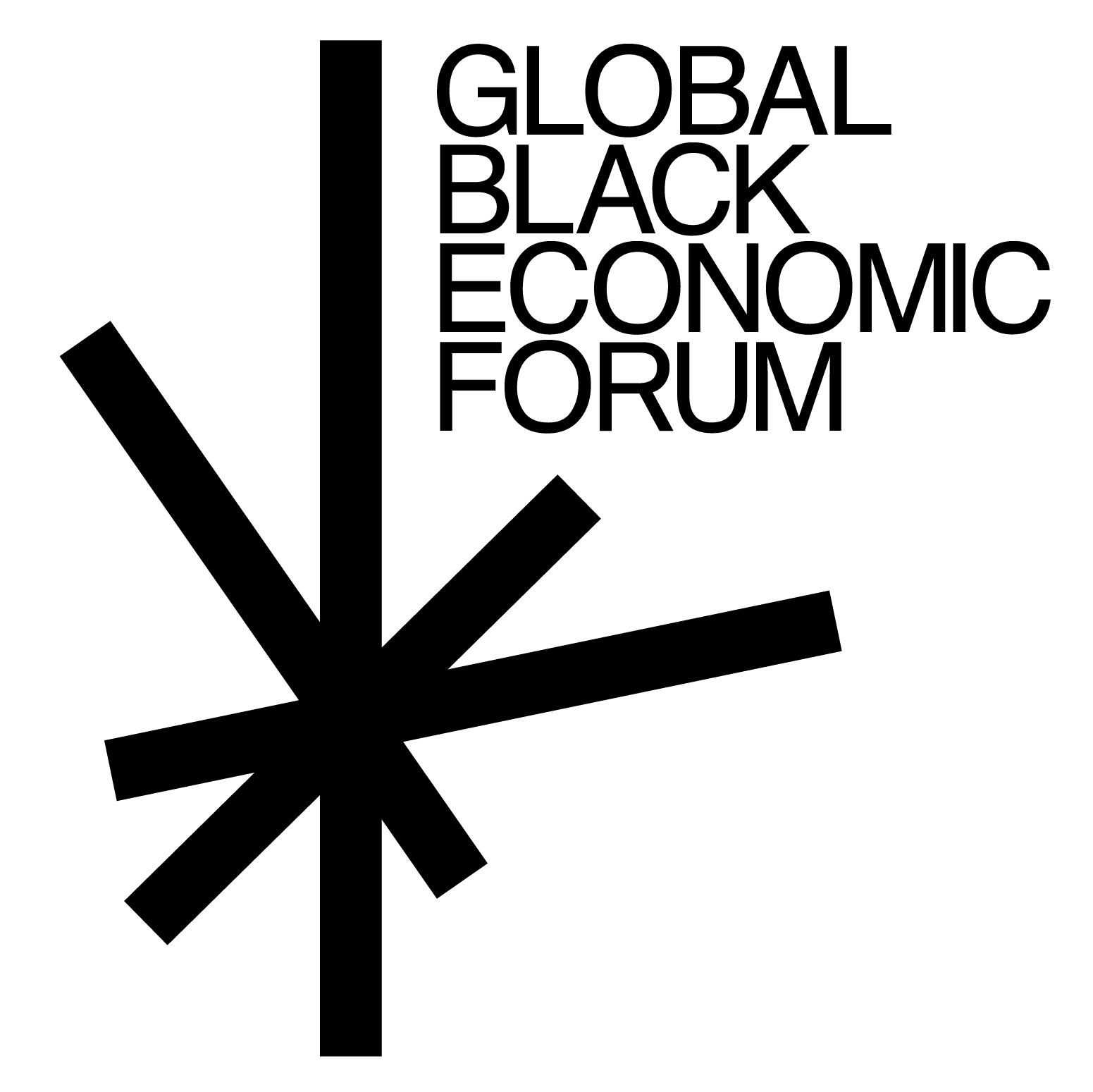
Join Us In Action
Become part of our global community working to make economic justice a reality for all.
© 2025 Global Black Economic Forum.
All Rights Reserved.
Join Us In Action
Become part of our global community working to make economic justice a reality for all.

© 2025 Global Black Economic Forum. All Rights Reserved.
